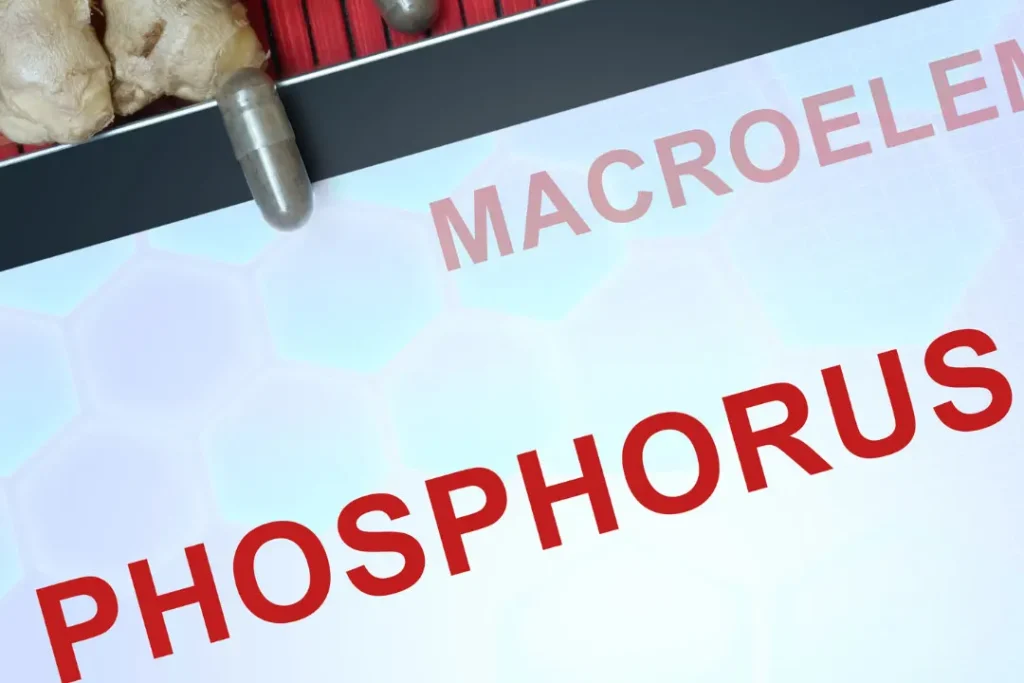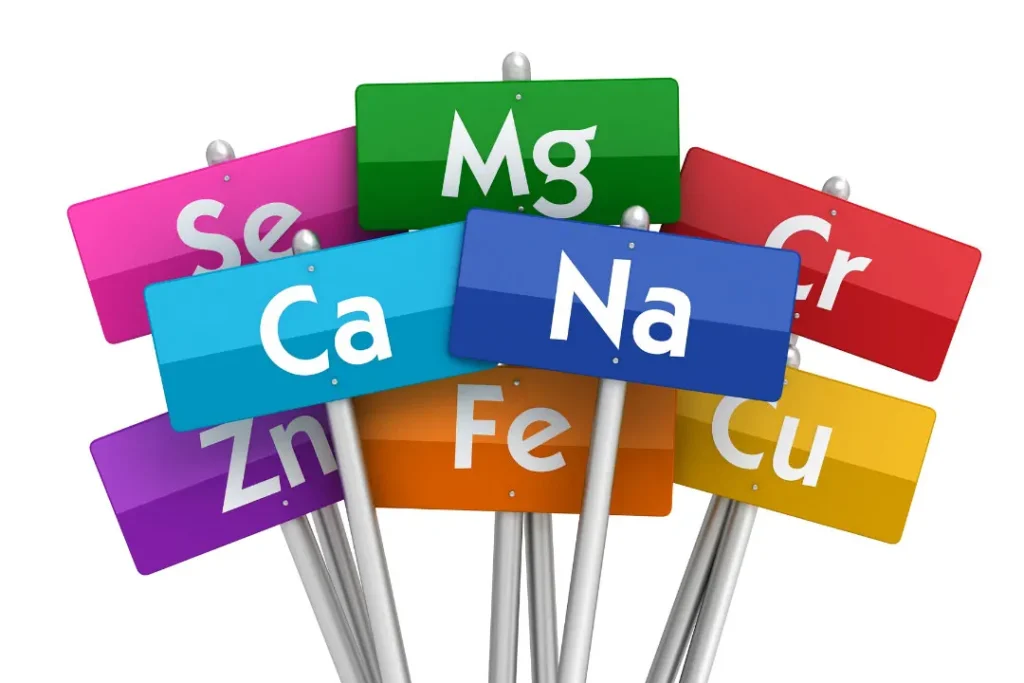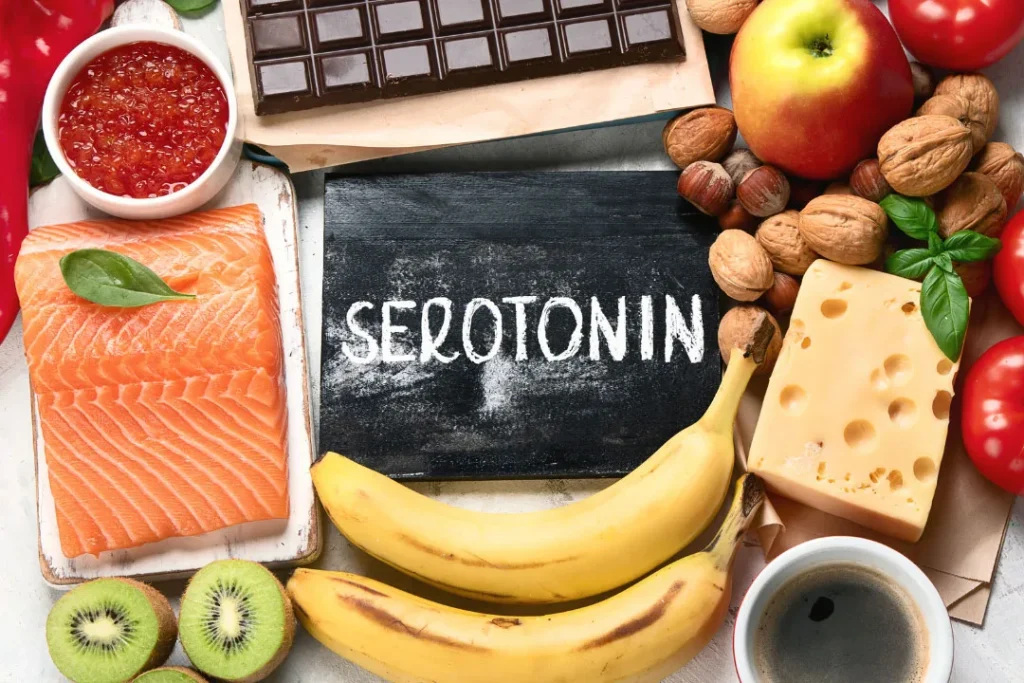Since more than 2000 years ago, deer velvet—the name given to the antlers of deer when they are still in the early stages of growth—has played a significant role in traditional Chinese medicine. Its use in contemporary dietary supplements and ongoing scientific study is the result of a wide range of alleged health advantages. This page explores the inherent properties of deer velvet, as well as its advantages for health, recommended dose, negative effects, and possible drug interactions.
You May Also Like:
The Best Supplements for Memory and Brain Fog: 5 Top Brands Reviewed
Finding the Best Supplements for Brain Fog After COVID: 5 Top Brands Reviewed
Deer Velvet: Benefits, Dosage, Side Effects, Drug Interactions, and Other Important Information is an original (NootropicsPlanet) article.
Nature of Deer Velvet
Deer antlers are a special biological phenomenon, as they are the only type of animal tissue that is known to regrow fully every year. The “velvet” — a fragile, highly vascularized tissue that covers the antlers during the fast development period — can be taken lawfully without causing injury to the deer.
Deer velvet is a chemically complex mixture of lipids, glycosaminoglycans, amino acids, minerals, and growth factors. It contains Insulin-like Growth Factor-1 (IGF-1), a hormone that helps Human Growth Hormone (HGH) exert many of its growth-promoting properties. Essential amino acids like lysine, threonine, and tryptophan, which are needed for protein synthesis and a number of metabolic processes, are also components.
Health Benefits of Deer Velvet
The minerals calcium, phosphorus, magnesium, and zinc found in velvet antlers are essential for maintaining bone health. Studies have demonstrated that velvet antler has beneficial qualities for onosteoarthritis, lowering inflammation and increasing joint flexibility.
It is believed that deer velvet’s capacity to heal wounds is influenced by the presence of IGF-1 and other growth hormones in it. Additionally, the presence of certain bioactive substances, such as gangliosides and glycosaminoglycans, in deer velvet may improve immunological performance.

Chemistry of Deer Velvet
Deer velvet has a very complex chemical makeup that includes minerals, lipids, amino acids, and a wide range of bioactive substances. Its distinctive pharmacological profile is due to its complex nutrient matrix. The growth factors are the bioactive components that have undergone the greatest investigation, especially Insulin-like Growth Factor-1 (IGF-1).
Insulin’s molecular structure is identical to that of the polypeptide hormone IGF-1. It is essential for a child’s development and continues to have anabolic effects on adults. Amino acids, particularly those that are necessary like lysine, threonine, and tryptophan, are other significant components. These amino acids are used in the production of proteins and other metabolic processes.
Additionally, glycosaminoglycans like glucosamine sulfate and chondroitin sulfate are abundant in deer velvet. Deer velvet may serve as a supply of the basic materials needed for cartilage repair and regeneration since these compounds are present in connective tissues, which include cartilage.


Physiological Mechanism of Action
Deer velvet has a rich bioactive profile that has a variety of physiological effects. One of the essential active ingredients, IGF-1, promotes cell growth and proliferation. Given that it mediates the anabolic effects of growth hormones, it is especially crucial for the development of muscles and bones.
IGF-1 promotes the production of sulfated glycosaminoglycans, which helps bone fractures and wounds heal. Additionally, it encourages remyelination and nerve regeneration, suggesting a possible role in the treatment of neurodegenerative illnesses.
The necessary amino acids found in deer velvet are crucial for protein synthesis, enzyme activity, and the control of neurotransmitters. For instance, serotonin, a neurotransmitter important for mood control, is a precursor to tryptophan. The glycosaminoglycans, including glucosamine sulfate and chondroitin sulfate, are thought to play a role in the purported advantages of deer velvet for joint health.
These substances support the maintenance of joint function and integrity as synovial fluid and cartilage matrix constituents. They could take action by giving the necessary ingredients for cartilage regeneration and repair.
Deer velvet has a wide range of components that enable it to interact with several physiological systems. Our knowledge of the particular processes by which deer velvet acts on the human body will advance along with our understanding of the chemistry of deer velvet. However, it is still essential for any prospective users to think about their own health situation and speak with a healthcare professional to ascertain whether deer velvet supplementation is suitable for them.


Optimal Dosage of Deer Velvet
The recommended dose for deer velvet varies depending on the intended application, the user’s age, health, and numerous other factors. The most typical daily dose falls between 500 mg and 2 g. However, it is essential to abide by the instructions provided by the healthcare professional or those listed on the product label.
Side Effects of Deer Velvet
Deer velvet supposedly has a lot of advantages, but it might also have some negative consequences. After consuming, some individuals experience minor nausea, dizziness, and diarrhea. Rare instances of allergic responses have also been documented, especially in people who are sensitive to elk or deer.
Additionally, due to the IGF-1 level, there may be worries about a higher risk of cancer as IGF-1 has been linked to a few different forms of cancer. However, the precise relationship between deer velvet supplementation and cancer is still unknown and calls for more study.


Potential Substance Interactions with Deer Velvet
Due to the deer velvet’s complicated biochemical makeup, potential interactions with other chemicals are taken into account. IGF-1 in deer velvet may interact with chemicals that alter growth hormone levels as well as those that control blood sugar levels, such as insulin.
Best Responsible Uses of Deer Velvet
Although deer velvet is frequently hailed as a nutritional powerhouse, it is important to utilize it wisely. It is advised to speak with a healthcare professional before beginning any new supplement regimen in order to weigh the advantages, hazards, and potential interactions with other medications. Due to the presence of IGF-1 and other growth factors, those with certain illnesses such hormone-sensitive tumors or bleeding problems should take extra care.Deer velvet has the ability to improve bone and joint health, wound healing, and immunological function due to its high concentration of vital nutrients and growth hormones.
Like any supplement, its usage must be moderated by knowledge of any possible adverse effects and interactions with other medications. A more complex knowledge of deer velvet’s involvement in maintaining human health and wellbeing will surely emerge as research into the health effects of deer velvet continues.
Deer Velvet:
Conclusion
Those who are looking to increase muscle mass or strength may find deer velvet to be a helpful supplementary option in their health journey. However, it is necessary to consider the fact that consuming large quantities of deer velvet may exacerbate certain tumors and should not be used by people with adverse hormone-related cell growths. Adjusting your diet to include protein-rich foods may help increase the benefits of deer velvet as it relates to muscle growth. In all, deer velvet is an interesting dietary supplement full of amino acids and other nutrients that reduce oxidative stress and promote healthy joint function and consistent muscle growth.
References:
- Deer Antler Velvet: Miracle or Snake Oil? Retrieved from: https://www.webmd.com/vitamins/ai/ingredientmono-808/deer-velvet
- Traditional and Modern Uses of Natural Honey in Human Diseases: A Review. Retrieved from: https://www.ncbi.nlm.nih.gov/pmc/articles/PMC3758027/
- Glycosaminoglycans and Joint Health. Retrieved from: https://www.health.harvard.edu/blog/the-latest-on-glucosaminechondroitin-supplements-2016101710391
Important Note: The information contained in this article is for general informational purposes only, and should not be construed as health or medical advice, nor is it intended to diagnose, prevent, treat, or cure any disease or health condition. Before embarking on any diet, fitness regimen, or program of nutritional supplementation, it is advisable to consult your healthcare professional in order to determine its safety and probable efficacy in terms of your individual state of health.
Regarding Nutritional Supplements Or Other Non-Prescription Health Products: If any nutritional supplements or other non-prescription health products are mentioned in the foregoing article, any claims or statements made about them have not been evaluated by the U.S. Food and Drug Administration, and such nutritional supplements or other health products are not intended to diagnose, treat, cure, or prevent any disease.
